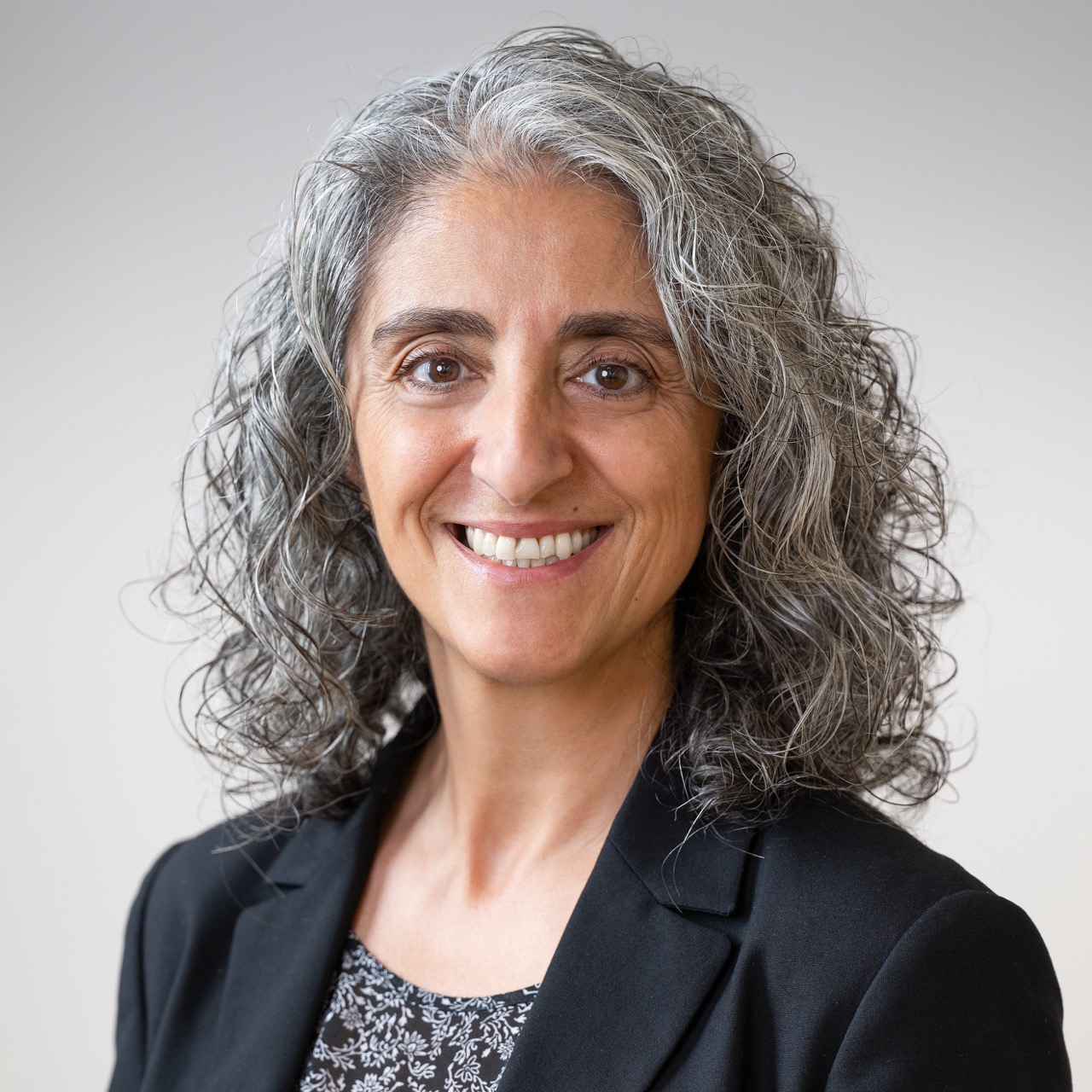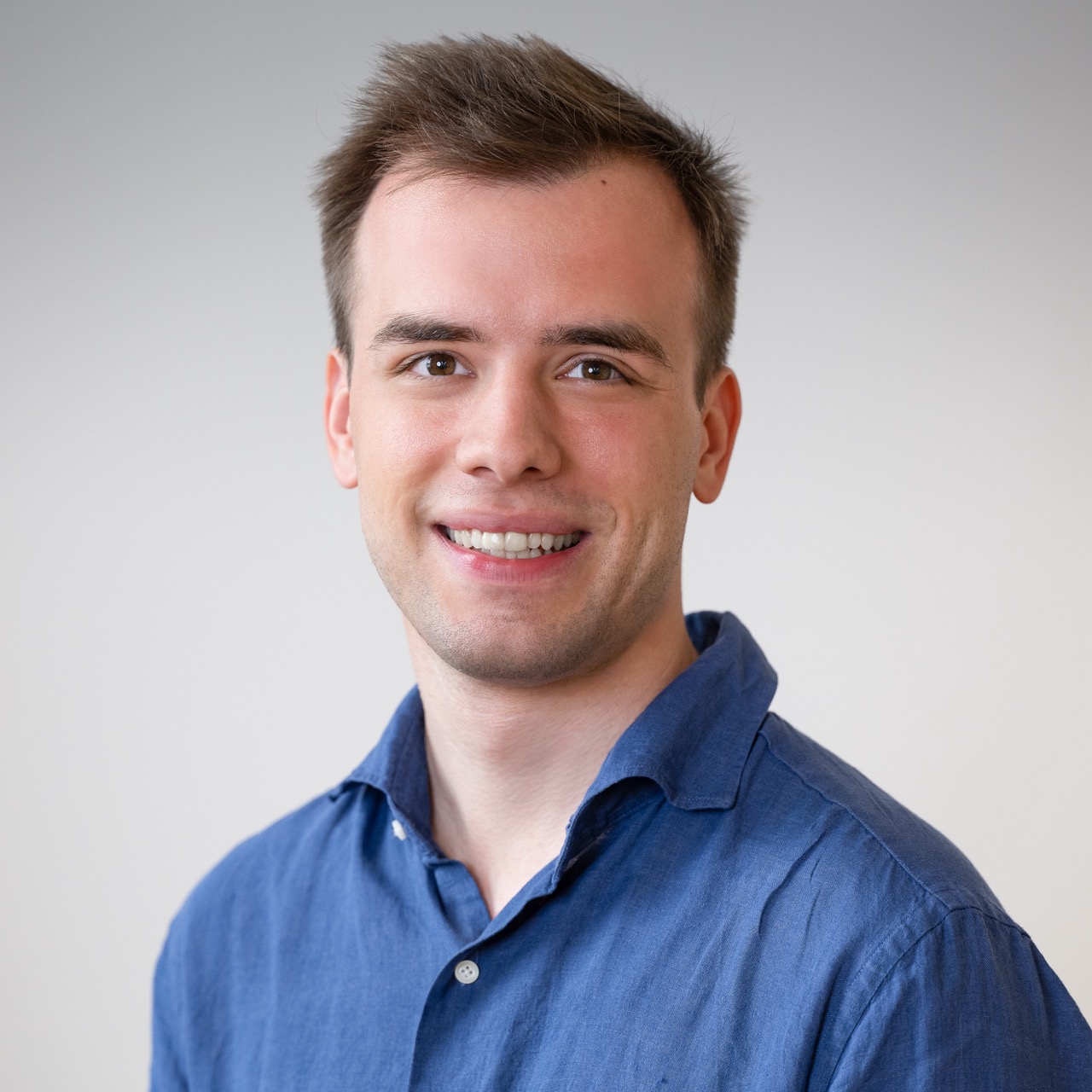
CTSi//circle.responsibleComputing
The Responsible Computing circle at the CTSi investigates the intricate relationship between technology, particularly computer systems, and the social structures that shape our world. We employ interdisciplinary research across ethics, information, law, policy, and social responsibility to explore the societal impact of this complex interplay. Our research tackles critical questions in these key areas: Ethical Considerations in Technology Design and Development, Mitigating Threats in Technology, Leveraging Technology for Positive Impact, Algorithmic Responsibilities and Societal Implications, Digital Inclusion
Our mission:
Reflection & Impact: We critically analyze the consequences of technological advancements. Our goal is to ensure technology acts as a catalyst for responsible, sustainable, and inclusive societal progress.
Critique & Advocacy: We actively critique and oppose initiatives where technology risks facilitating unsustainable development or fostering a dehumanized, dystopian future.
Latest news from our circle
-
Review: Exploring the Frontiers of Responsible Computing Brown Bag Seminar Series
MoreExploring the Frontiers of Responsible Computing was the central theme of the CTSi//circle.responsibleComputing in the academic year 2024/2025. A review and outlook on new developments.
-
Catchword Article on Shadowbanning Published in the BISE Journal
MoreAutors Marten Risius (Hochschule Neu-Ulm) and Kevin Blasiak (CTSi & TU Wien) recently publsihed an article on Shadowbanning in the Business & Information Systems Engineerting (BISE) Journal.
-
Seminar: Perspectives on Designing Interactive Technologies for Wellbeing by Prof. tekn. dr Paweł W. Woźniak
MoreThe CTSi//circle.responsibleComputing is hosting the first talk of the new semester in their brown bag seminar series, “Exploring the Frontiers of Responsible Computing.”
-
Trigger Warning: This Study Contains Extremist Content. Research Strategies for Investigations of Online Extremism and Terroris published in CAIS
MoreKevin M. Blasiak from the CTSi and his co-authors recently published a new article in the Communications of the Association for Information Systems.
-
Reflections: 2024 Terrorism and Social Media (TASM) Conference at Swansea University, Wales, UK.
MoreReflections on my participation at the conference in Swansea
-
Recap: Responsible Computing Circle's Brown Bag Seminar Series
MoreRecap of the brown bag seminar series, “Exploring the Frontiers of Responsible Computing.”
-
Designing and Executing User Studies: Best Practices for Responsible Computing by Ana Vesic, BSc and Ambika Shahu, MSc
MoreThe CTSi//circle.responsibleComputing is hosting the third talk in their brown bag seminar series, “Exploring the Frontiers of Responsible Computing.”
-
Seminar: Co-Creation and Participation of Citizens in Urban Planning by Prof. Hilda Tellioğlu
MoreThe CTSi//circle.responsibleComputing is hosting the second talk in their brown bag seminar series, “Exploring the Frontiers of Responsible Computing.”
-
Recap: Demistifying responsibleComputing: An introduction to the seminar series by Dr. Kevin Blasiak
MoreThe CTSi//circle.responsibleComputing recently hosted the first talk in their new brown bag seminar series, “Exploring the Frontiers of Responsible Computing.”
-
Brown Bag Seminar Series: Exploring The Frontiers of Responsible Computing
MoreThis series delves into the critical questions surrounding ethical and sustainable technology development and use. The series explores,the core principles of Responsible Computing, practical applications and real-world implications and, emerging trends and future directions in the field
-
Model-based Support of Thyroid Diseases Treatment
MoreThe regulation of thyroid hormones is a relatively young research field, as the control loop has not yet been fully explored. Developing a medical tool based on a mathematical model could shorten the treatment time.
-
Skill-Sharing
MoreThe thematic-content framework of the project is to explore ways in which youth and young adults with disabilities can be supported in passing on their skills
-
GoDataSpace
MoreGoDataSpace was a 5-month-long exploratory research project about the governance of Urban Data Space by a team of researchers from three partner institutions, TU Wien, FH Technikum Wien and IHS (Institute for Advanced Studies)
-
New Mobilities of post-traditional communities: P2P carsharing in rural and urban neighbourhoods
MoreShared mobility is considered as an important component of multimodal sustainable mobility to reduce dependency on individual car by offering users new options to fulfil their transportation needs
-
iMentality
MoreWith the increasing digitalization of society and almost all areas of life, the scope of action, the role and the responsibility of computer scientists as experts and designers of these developments are also changing.
-
Innovation lab for digital inclusion (IDI)
MoreThe aim of this participatory research project is to address the issue of when, where and why ‘one-size-fits-all’ premises, i.e. the assumption that the same digital solutions could solve everyone’s challenges to inclusion, will reach limitations in an inclusive context.
-
Digital Literacy in Robotics & Informatics – for underprivileged people
MoreRobotics and computer science are not imaginable without digital competence. Both are a possible entry into the digital world and promote the development of digital competence.
-
Bias in Automated Driving Systems (BADS)
MoreAutomated Driving Systems do about 100% more kilometers in simulation than in physical space. This raises questions about the quality of data sets and data records shaping the abilities of these driving systems.
-
AAL Best Practice Scoping Review
MoreA Best Practice Scoping of curated national AAL studies in the last decade is created. The analysis aims at technological innovations being developed for fostering care, household and living sphere.
-
Participation in the Digital Space
MoreThe project aims at the creation of participative digital platforms and artifacts which provide fair and non-selective access to digital spaces for all citizens independent of socio-economic background, demographics or other social-structural features.
-
AMS algorithm – a sociotechnical study (C!S)
MoreA sociotechnical analysis of the Austrian Public Employment Service’s profiling system. In 2020, the Austrian Public Employment Service (AMS) will introduce an algorithm to help allocate subsidies for the training of jobseekers. The so-called “AMS algorithm” is controversial. The ITA Wien – in cooperation with the Chamber of Labor and TU Wien – analyzes technical specificities and social consequences of the system.
Our scholalry background
Interdisciplinary Exploration of the Intersection of Technology & Society
The field of computer science and socio-technical systems draws on methods from computer science, social sciences, organizational studies, and human-computer interaction, among others (Carroll, 2013). This makes it a rich and vibrant field that can offer valuable insights for developing technologies that are not only technically advanced but also socially responsible and effective in their context (Sommerville, 2018).
Scio-technical systems theory originated in organizational development to explain the interaction of people and technology in workplaces (Trist & Bamforth, 1951). It postulates that both the social aspects (individuals, roles, relationships, culture, etc.) and technical aspects (tools, machines, processes, etc.) are interdependent and must be considered together to ensure a system's effectiveness (Bostrom & Heinen, 1977).
In computer science, socio-technical systems research can involve many activities. Some examples include:
- Designing software systems that better accommodate the social structures and processes of the organizations they serve (Baxter & Sommerville, 2011).
- Studying the societal impact of computing technologies such as artificial intelligence, social media, or digital currencies (Pasquale, 2015).
- Understanding and mitigating technology-related social issues, like the digital divide, cybersecurity threats, privacy concerns, and ethical considerations of AI (Floridi & Taddeo, 2016).
- Analyzing how social factors like collaboration, trust, or user behavior affect the development, deployment, and usage of software systems (Whitworth & de Moor, 2009).
The field of computer science and socio-technical systems draws on methodologies from computer science, social science, organizational studies, and human-computer interaction, among others (Carroll, 2013). This makes it a rich and vibrant field that can offer valuable insights for creating technology that's not just technically advanced but also socially responsible and effective in its intended context (Sommerville, 2018).
Our transformation from researching Informatics & Society (C!S) to Technology & Society (CTSi)
Technological advancements have always created unique challenges for both academic research and society in general. Given the pervasive nature of today’s ICT and the rapid technological progression of innovation, the consequences of these developments are seldom clear and need to be carefully considered from a multitude of perspectives.
Following the Vienna University of Technology credo ‘Technology for People’, the Centre for Informatics and Society investigated developments within the intersection of society and informatics, supported research efforts across academic disciplines and facilitated an open discourse through workshops, talks and public events.
The transformation from the Center for Informatics & Society (C!S) to the Center for Technology & Society (CTSi) reflects the evolving landscape of technology and its profound impact on society. As technology continues to advance rapidly, it is essential to broaden our focus to encompass not only the informatics or technical aspects but also the broader societal implications. The new name, CTSi, better captures the interdisciplinary exploration of technology's intersection with society and emphasizes our commitment to addressing ethical, sustainable, and inclusive development in an ever-changing technological world.
References
- Baxter, G., & Sommerville, I. (2011). Socio-technical systems. From design methods to systems engineering. Interacting with Computers, 23(1), 4-17.
- Bostrom, R. P., & Heinen, J. S. (1977). MIS problems and failures. A socio-technical perspective. MIS Quarterly, 1(3), 17-32.
- Carroll, J. M. (2013). Human-computer interaction. Brief intro. Soegaard, M. & Dam, R. F. (Eds.). The Encyclopedia of Human-Computer Interaction, 2nd Ed.
- Floridi, L., & Taddeo, M. (2016). What is data ethics? Philosophical Transactions of the Royal Society A. Mathematical, Physical and Engineering Sciences, 374(2083).
- Mumford, E. (2006). The story of socio-technical design. Reflections on its successes, failures, and potential. Information Systems Journal, 16(4), 317-342.
- Pasquale, F. (2015). The black box society. Harvard University Press.
- Sommerville, I. (2018). Software engineering for socio-technical systems. In International Conference on Software Engineering (pp. 465-474).
- Trist, E., & Bamforth, K. (1951). Some social and psychological consequences of the longwall method. Human relations, 4(1), 3-38.
- Whitworth, B., & de Moor, A. (2009). Legitimate by design. Towards trusted socio-technical systems. Behaviour & Information Technology, 28(1), 31-46.
Our circle

KEVIN M. BLASIAK
CTSi Circle Lead
TU Wien

HILDA TELLIOĞLU
CTSi Director
TU Wien

RAFAEL VRECAR
CTSi Circle Member
TU Wien

FLORIAN CECH
Former Member
TU Wien

FABIAN FISCHER
Former Member
TU Wien

LUKAS PICHLHÖFER
Former Member
TU Wien

HANNES WERTHNER
Former CTSi Board Member
TU Wien

UWE EGLY
Former CTSi Board Member
TU Wien

PETER PURGATHOFER
Former CTSi Board Member
TU Wien

EDUARD GRÖLLER
Former CTSi Board Member
TU Wien

GÜNTHER RAIDL
Former CTSi Board Member
TU Wien

MARKUS HASLINGER
Former CTSi Board Member
TU Wien
Contact us.
CTS//circle.responsibleComputing
Gußhaustraße 27-29, 1040 Vienna, Austria
